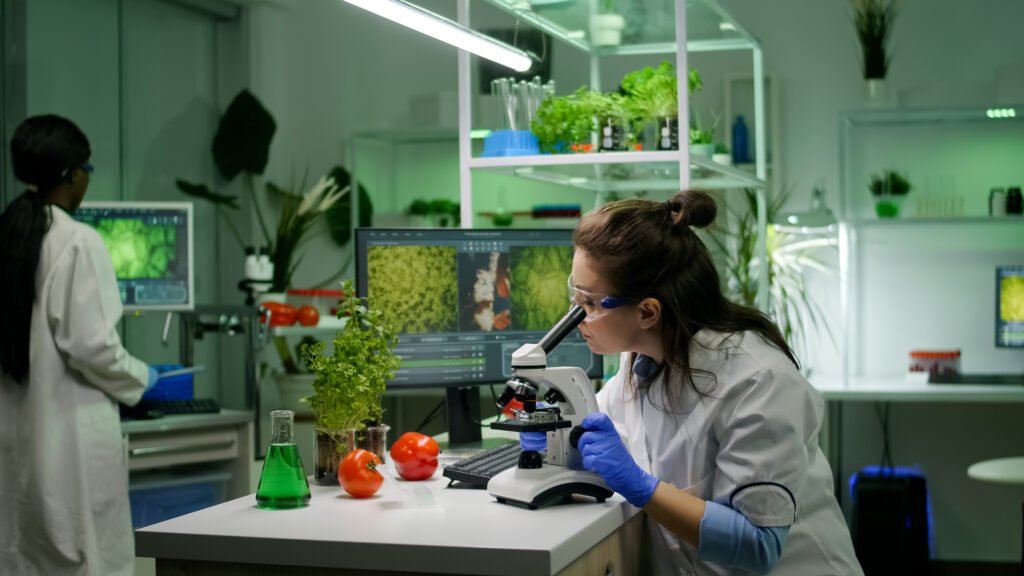
In our lab automation system, we'll assist in enhancing the efficiency and accuracy of your laboratory reports and operations through the integration of fully automated biochemistry, hormone analyzers, and hematology analyzers.
‘Lab automation system‘ involves using advanced technology to make laboratory tasks quicker and more precise. By integrating automated systems like biochemistry analyzers, hormone analyzers, and hematology analyzers, we can significantly enhance both the speed and accuracy of your lab operations and reports. These tools perform complex tests—such as analyzing chemical substances, checking hormone levels, and examining blood samples—with high accuracy. By adopting these automated solutions, your lab can reduce errors, save time, and deliver reliable results more quickly. This improvement in efficiency and reliability can greatly assist in streamlining your lab’s workflow and improving overall productivity.
Key Features
Workflow Management: These systems automate and streamline lab tasks, making sure equipment is used optimally and reducing delays.
Data Management: They handle all the details of data collection, processing, and storage, ensuring that information is both accurate and readily available for analysis.
Process Control: Lab automation systems keep experimental conditions consistent, precisely controlling variables like timing and temperature for dependable results.
Error Reduction: Automating routine lab tasks, such as measuring and mixing, reduces human error and increases the reliability of outcomes.
Integration: These systems can be integrated with existing laboratory information systems (LIS) and other software to facilitate smooth data flow and better workflow management.
Benefits
- Increased Productivity: By automating mundane tasks, these systems free up researchers to focus on more important work, improving overall lab productivity.
- Better Data Quality: Automation minimizes manual errors, ensuring data is both high-quality and consistent.
- Cost Savings: Although they require an initial investment, lab automation systems cut down on long-term labour costs and enhance operational efficiency, offering significant financial savings.
- Scalability: These systems can handle increased workloads efficiently, enabling labs to expand their operations without sacrificing quality or efficiency.
Applications
Lab automation systems are used in various fields, including biochemistry, molecular biology, pharmaceuticals, and clinical testing. They are especially useful in pharmaceutical labs for tasks like drug screening and ensuring consistent product quality.
Future Trends
The future of lab automation will likely see greater integration of advanced technologies like artificial intelligence (AI) and machine learning (ML), which will improve decision-making, predictive maintenance, and data analysis capabilities.
- This can lead to a reduction in the manpower required for laboratory procedures by 60 – 80%.
- By eliminating sample misplacement, you can also decrease the likelihood of errors.
